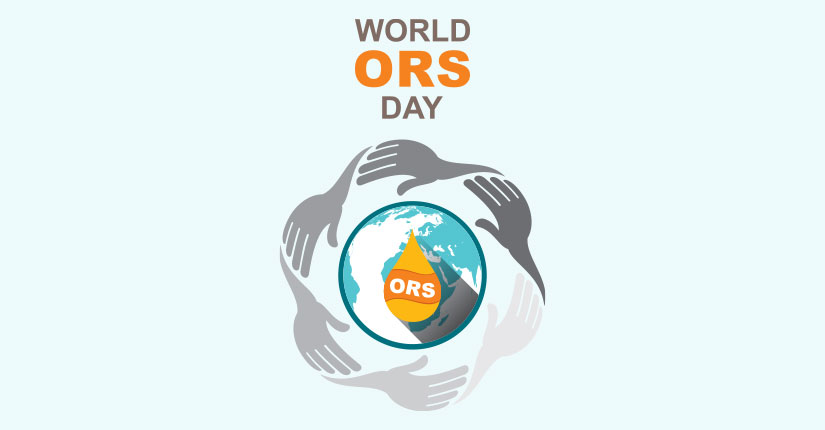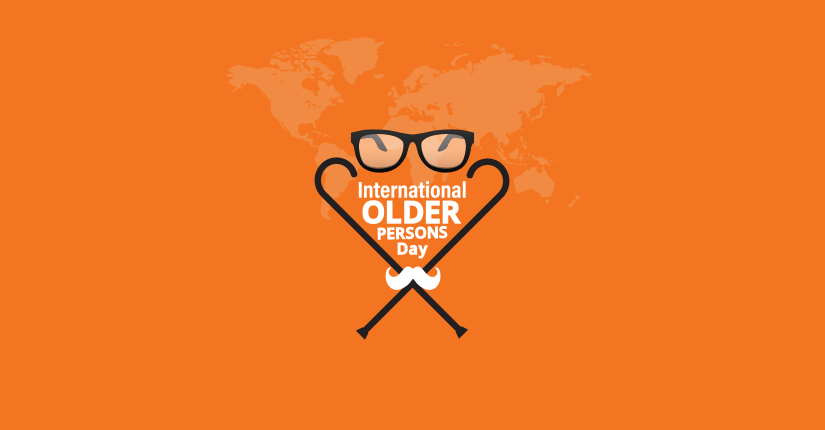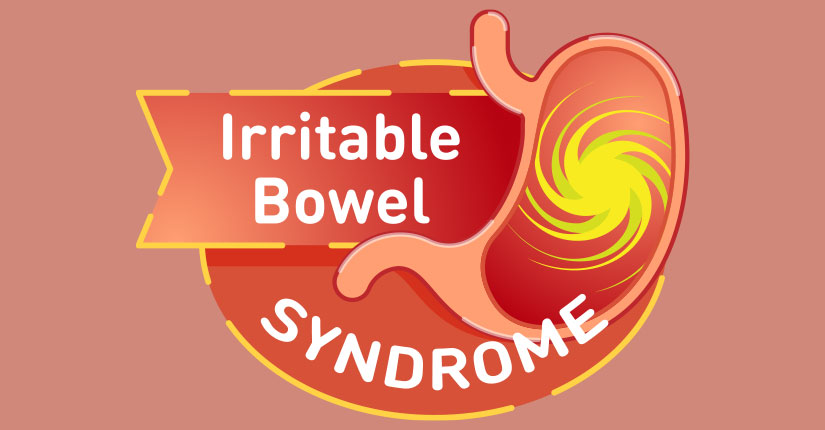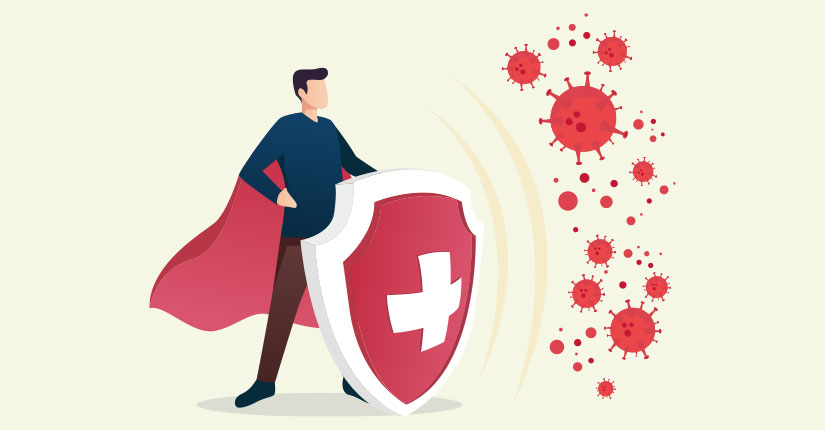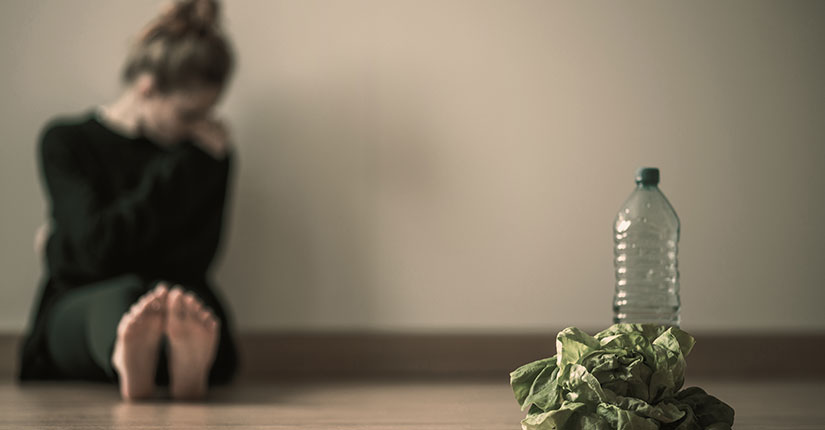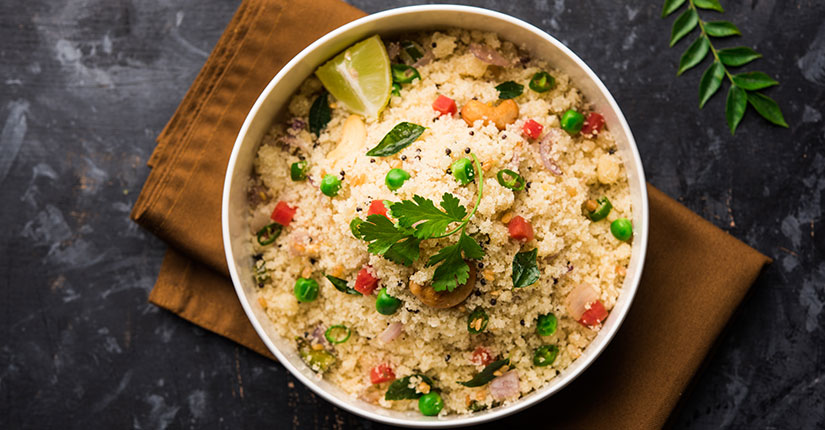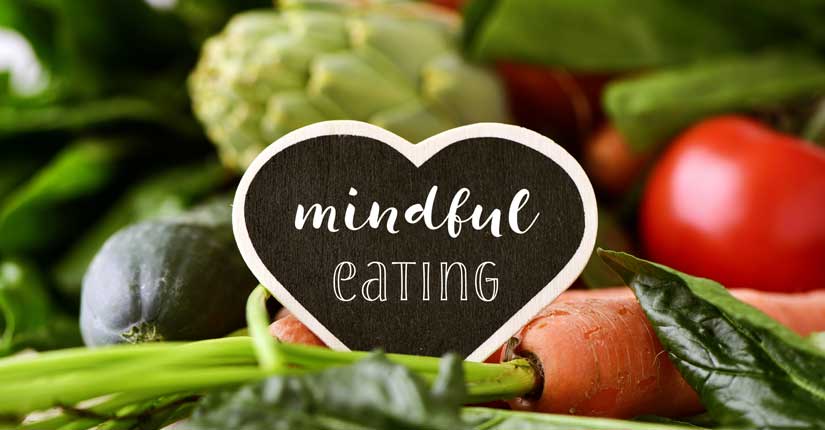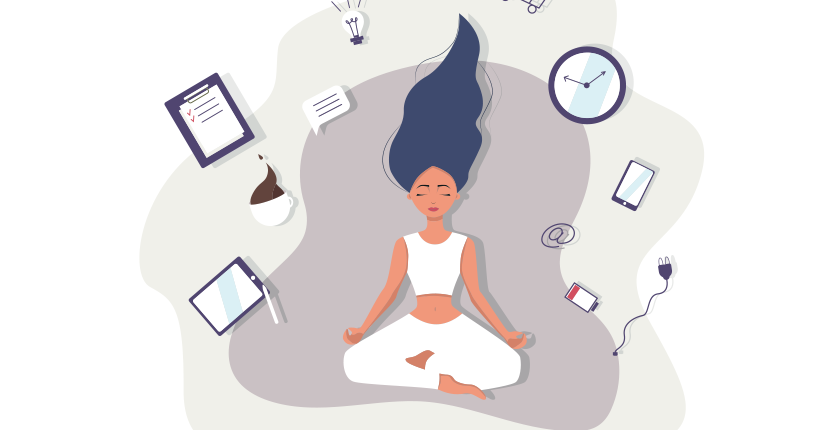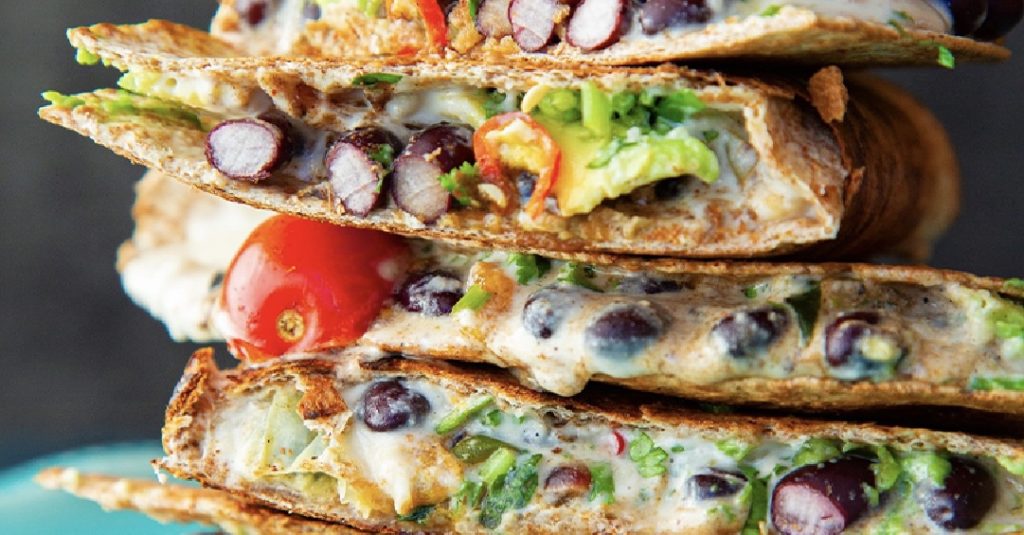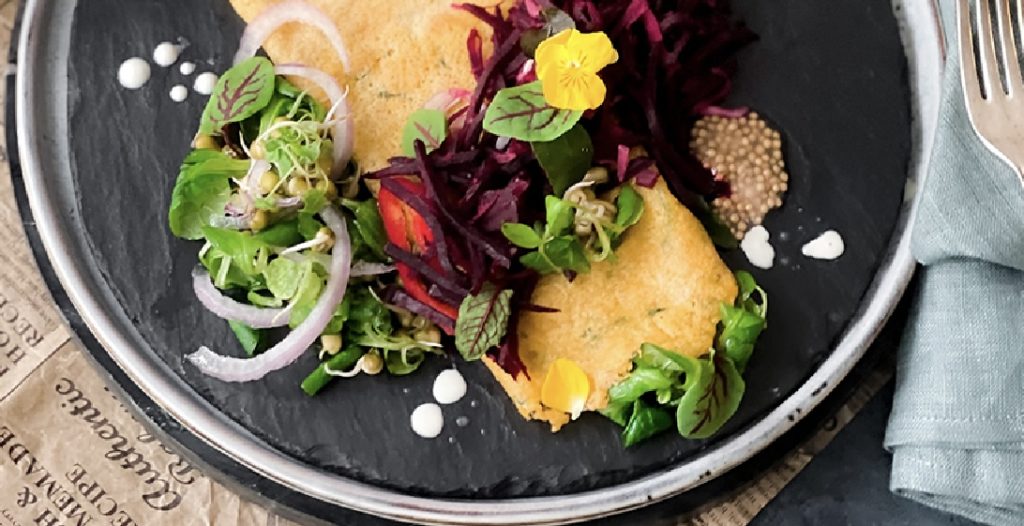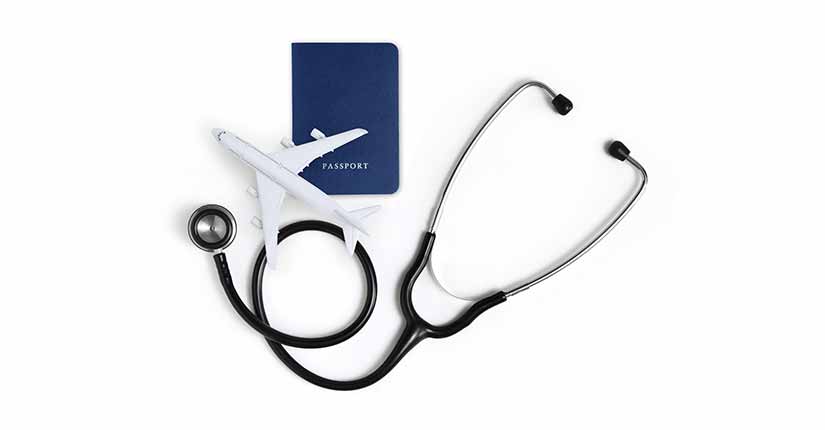What is Post Partum Depression and How New Moms Can Deal With It?
By Nmami Life Editorial 24-May 2020 Reading Time: 6 Mins
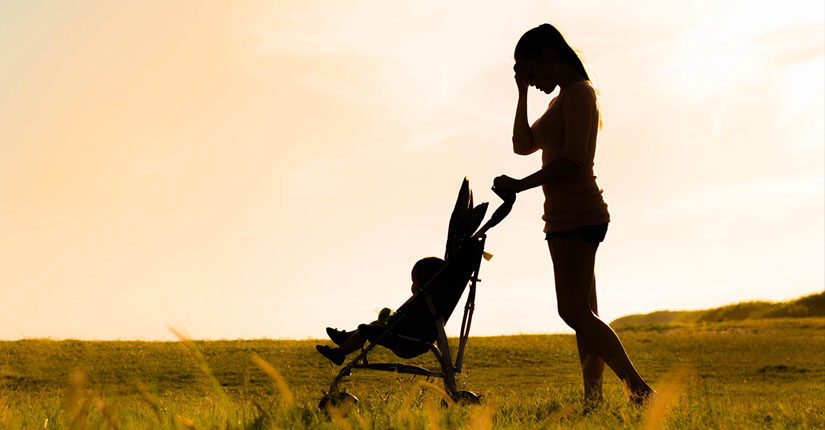
Having a baby is stressful and can be a rollercoaster ride emotionally, no matter how much you’ve looked forward to it or how much you love your child. You may have felt from joy to fear to sadness. If your feelings of sadness become severe and don’t go away within a few weeks, you may be experiencing postpartum depression (PPD).
Considering the sleep deprivation, new responsibilities, and lack of time for yourself, it’s no surprise that a lot of new moms feel like having depression or a constant feeling of sadness and lack of motivation.
Symptoms usually start within a few weeks of delivery or they may develop up to six months afterward. They may include refusal to eat and sleep, bizarre behavior, mood swings, trouble bonding with your baby, and difficulty thinking or making decisions.
The majority of women experience mild depression and mood swings and it is also called baby blues. It’s caused by the sudden change in hormones after delivery, combined with stress and anxiety, isolation, sleep deprivation, and fatigue. You might feel more cranky, overwhelmed, and emotionally fragile. It tends to start within the first couple of days after delivery, peak around one week, and taper off by the end of the second week postpartum.
Signs and symptoms of postpartum depression
Postpartum depression is a more serious problem that one shouldn’t ignore, unlike the baby blues. Both PPD and the baby blues might share many symptoms; including mood swings, crying jags, sadness, insomnia, and irritability. The difference is that with postpartum depression, the symptoms get more severe (such as suicidal thoughts or an inability to care for your baby) and can last longer.
Dealing with postpartum depression
The emotional bonding process between mother and child, known as attachment, is the most important for both mother and the baby. Postpartum depression can cause an interruption in this bonding. Depressed mothers can be caring at times, but at other times may react negatively or not respond at all. Mothers during PPD tend to avoid interaction or interact less with their babies and are less likely to breastfeed, play with, and read to their children. Here are a few ways to deal with PPD:
- Take care of yourself
Take care of yourself to relieve or avoid postpartum depression. The more you care for your mental and physical well-being, the sooner and the better you’ll feel. Simple lifestyle changes can help you a long way towards feeling like yourself again. Practice meditation, spend time doing your favourite hobby, could be painting or cooking or just getting an extra dose of sleep.
- Exercise
Exercise might work as an antidepressant for women with PPD. Try working out for 10-15 minutes a few times during the day. Look for short, simple workouts that you can do without any equipment.
- Maintain a healthy diet
Healthy eating alone won’t help cure PPD. Still, getting into the habit of eating nutritious foods can help you feel better and nourish your body the nutrients you need. You can plan the week’s meals on the weekend and even prepare healthy snacks ahead of time. Think whole foods, such as chopped carrots and cubed cheese or apple slices that are easy to grab on the go.
- Make time to rest
It is possible in the early days that your baby likely isn’t sleeping through the night. It is better to take naps or go to bed early. In case you’re breast-feeding, consider pumping a bottle so your partner can take care of an overnight feeding or two.
- Spend time with your partner
It’s essential to make time for just the two of you when you can reconnect as many things change following the birth of a baby, including roles and expectations. It could be strain about the post-baby division of household and childcare responsibilities. It’s important to talk about these issues and letting out feelings, rather than letting them fester inside. It’s better to not assume that your partner knows how you feel or what you need.

